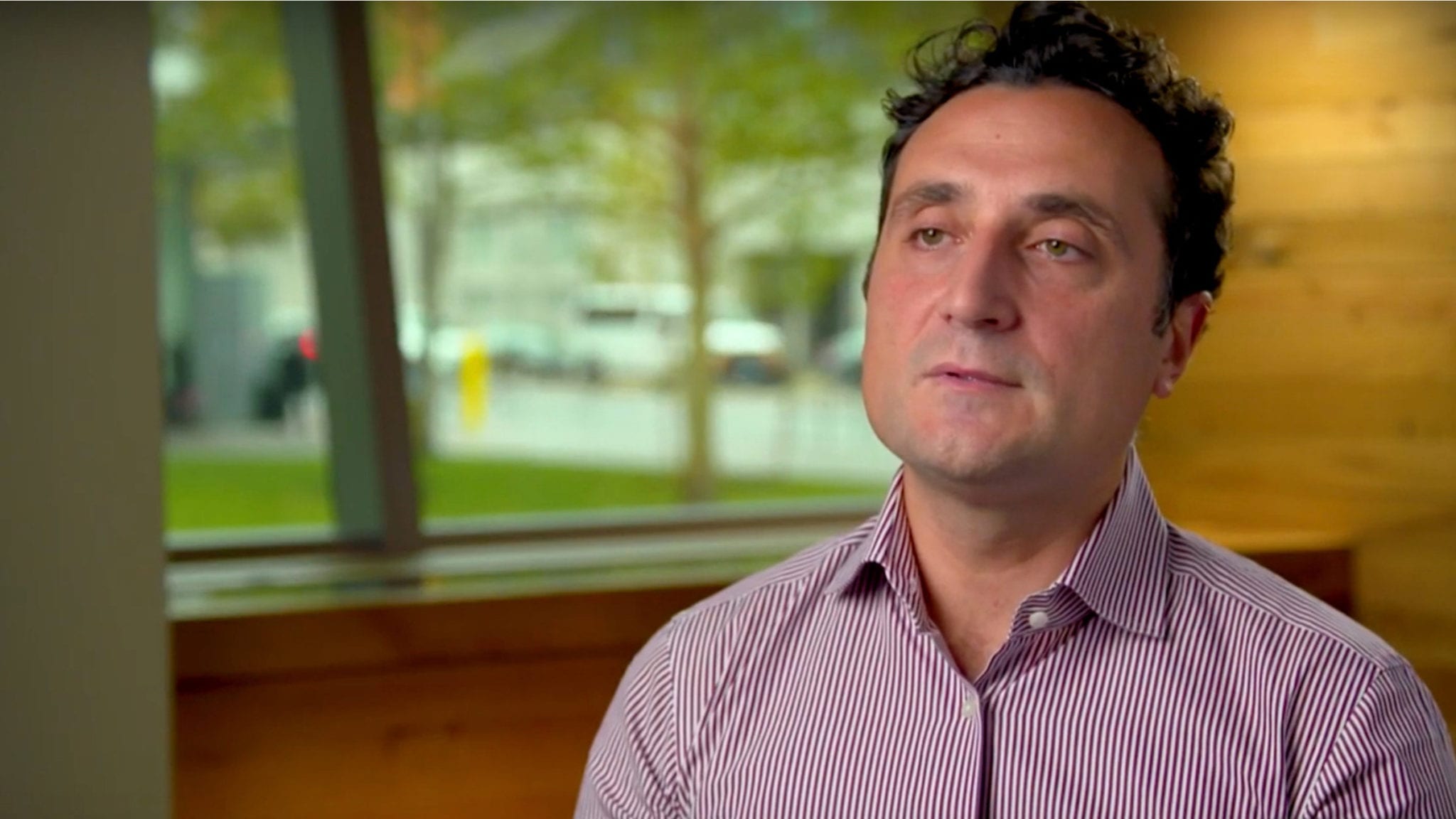
Kymera, raising $173M+, becomes the 48th biotech IPO of the year as 2020 surpasses 2019
Yet another biotech will hit Nasdaq on Friday, and this one marks a milestone for 2020.
Cambridge, MA-based Kymera has priced its IPO, announcing a public price of $20 per share and $173.7 million raise. That’s upsized from an initial range of $16 to $18 per share, and would give the company a market value north of $900 million.
The announcement marks the 48th biotech IPO to go public this year, surpassing the total from all of 2019, according to investment analyst Brad Loncar. Kymera’s ticker will be $KYMR.
Unlock this article instantly by becoming a free subscriber.
You’ll get access to free articles each month, plus you can customize what newsletters get delivered to your inbox each week, including breaking news.